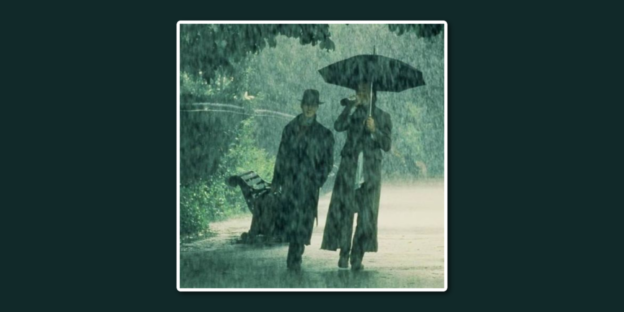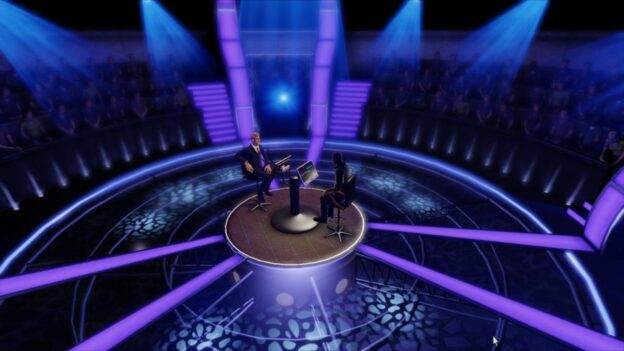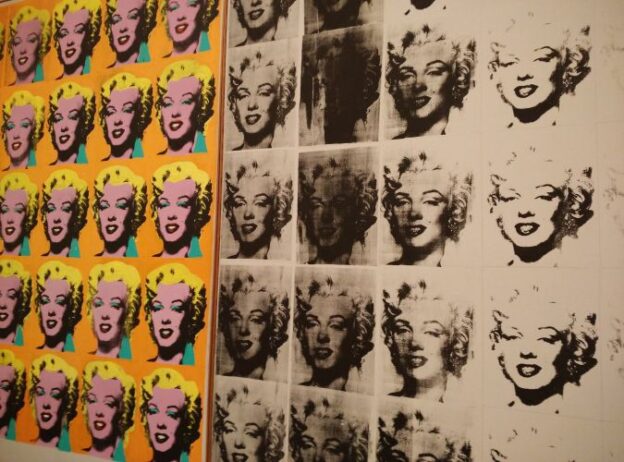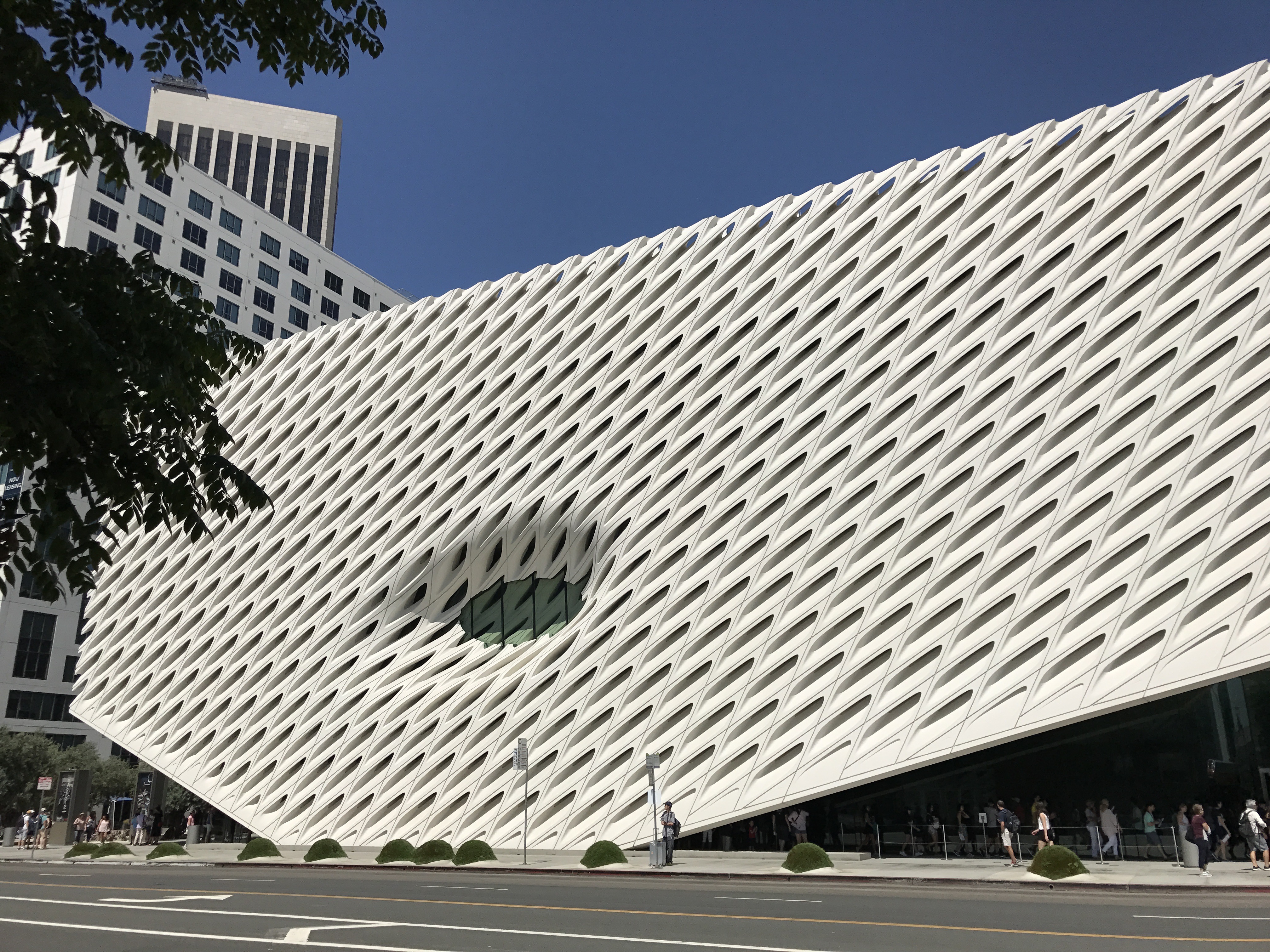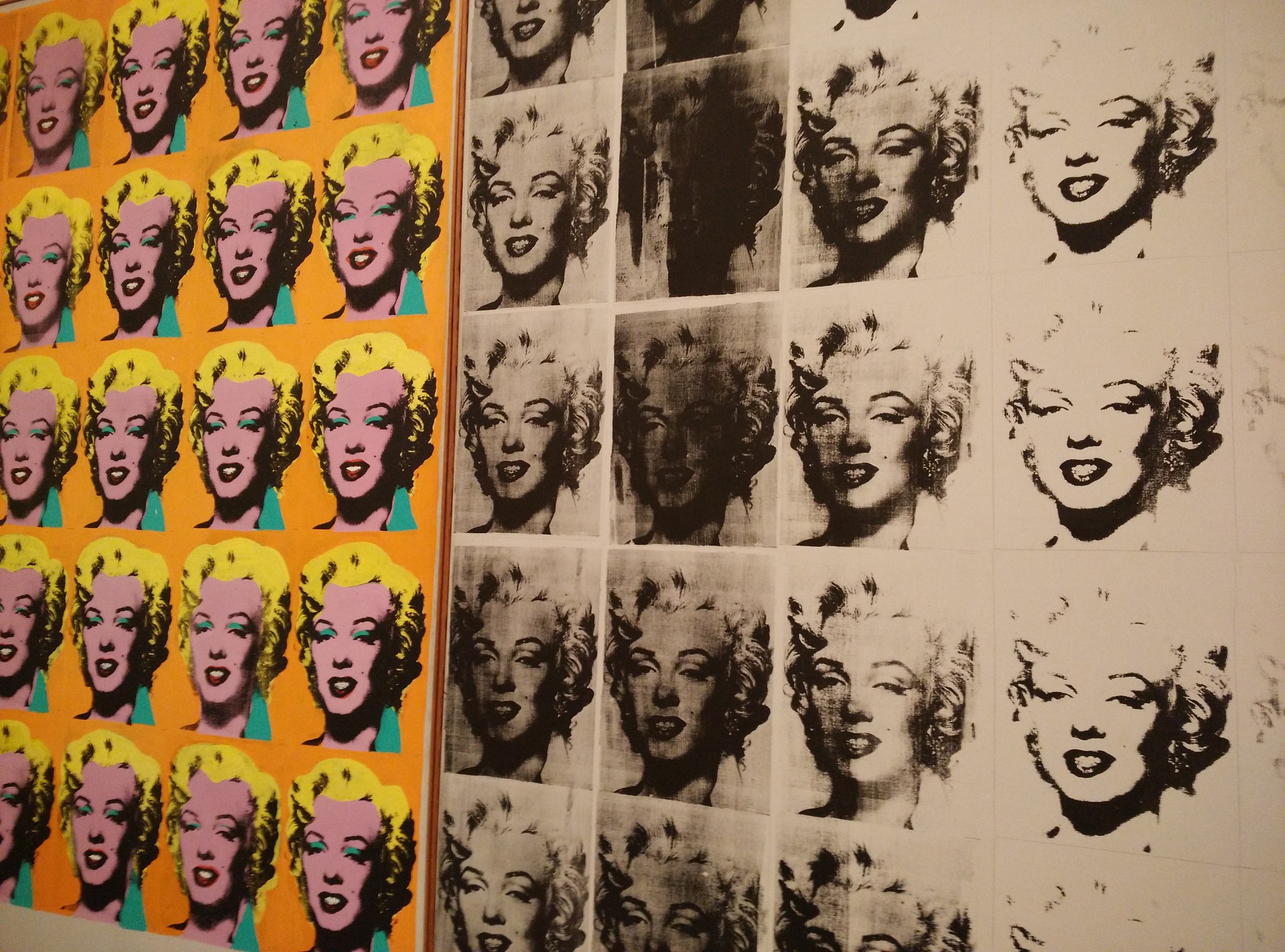Talking about a classic British film which not many learners of English know about. Listen for explanations of the film, its appeal, descriptions of the characters and events, the type of people who like the film and a few bits of dialogue too. Notes available.
https://open.acast.com/public/streams/62b0ada25c7ea10012f541cb/episodes/62b0ada86fddaf0012d1f159.mp3″ target=”_blank” rel=”noopener”>DOWNLOAD]
Introduction Transcript
Today on the podcast I am going to be talking about a cult classic of British cinema – a film called Withnail & I.
This is a slightly ambitious episode because in my experience this film is usually very difficult for learners of English to fully appreciate. Even the title of the film somehow fails to register with many people when I tell them.
“Can you recommend British films?” one of my students might say.
And I say “Yes, definitely. You should watch Withnail & I”
And the person’s face creases into an expression of “what was that you just said?”
“Withnail and I” I repeat.
But still, this clearly just seems like a noise to this person.
He doesn’t know what to write. He doesn’t know how many words that is. He doesn’t know how to spell “Withnail and I”. He’s lost for a moment.
So I write it on the board “Withnail and I”.
Still, this doesn’t help much. The person doesn’t even recognise the word “Withnail”. It’s difficult to spell, it’s difficult to pronounce, it doesn’t seem to mean anything.
Then I think – “There’s no way this guy is going to enjoy this film, he can’t even get past the title.”
But something inside me says – “Luke, Luke… I am your father…” No, it says “Luke, you need to make these people watch this film. It is your duty as a British person teaching people your language and culture. These people need to see this film. They need to know what a Camberwell Carrot is, they need to know about cake and fine wine, they need to know why all hairdressers are under the employment of the government. It is your duty Luke, to teach these people about the wonderful world of Withnail and I – even if they don’t want it!”
So now I feel duty bound to tell you all about this cult British film. By the way, the title of the film “Withnail and I” – these are just the two characters in the film. Withnail and another guy whose name we don’t know. He’s simply “I”.
If you’re interested in British films, if you like slightly dark comedies with good acting, interesting characters, an excellent script and some top level swearing – this is a film for you.
You might never have heard of it, I realise, and that’s partly why I’m doing this episode. I like to recommend things that you might not know.
Withnail and I is a cult film which means it’s very very popular with a certain group of people. It’s not a mass-appeal sort of film. It might not be the film you think of when you consider typical “British films” – you might think of something like Love Actually or a Jane Austen adaptation, but Withnail & I is a film that you will definitely know if you a proper lover of British films. It is a cult classic and those who love it – really love it with a passion as if they’ve lived the film themselves in their own lives.
But not everybody gets it. Certainly, in the UK it is very highly regarded by people who have a special love for films, but it’s not a film like Four Weddings or James Bond which seem to appeal to everybody. Plenty of Brits don’t get it. Also learners of English hardly ever know about it (because in my experience most learners of English understand British cinema as things like Hugh Grant, Harry Potter and even Mr Bean). It can be a difficult film to understand if you’re not a native speaker from the UK. It’s not well known in the USA even.
But as I said, it’s a cult success in the UK.
Cult has two meanings. A cult can be a sort of small religious group devoted to a particular person, but when cult is used as an adjective with something like “film” then it means that this film is extremely popular with certain people.
- What kinds of people like this film?
- Why do people love this film so much?
- What is the appeal?
- What can this film tell us about British culture?
- Why should you as a learner of English take any interest in this film at all?
- How can you learn some real British English from this?
Let’s find out in this episode of Luke’s Film Club on Luke’s English Podcast all about Withnail & I.
I’m a huge Withnail & I fan but in this episode I’m also joined by several other Withnail fans who are very keen to talk to you about one of their favourite films.
Those two fans are my brother James and his mate Will.
I just sincerely hope that we can somehow explain this film and its appeal, and make this interesting for you to listen to (that’ll be hard considering it’s three blokes with similar voices talking about an obscure film that you’ve probably never seen).
***
Links & Videos
The Wall of Withnail – superfan Heidi’s collection of objects seen in the background of Withnail & I. http://wall-o-withnail.blogspot.fr/
Withnail and Us – a great documentary about the making of the film, by the people who made the film.
https://www.youtube.com/watch?v=-G9WMeGl_Uw
Bruce Robinson interview
https://www.youtube.com/watch?v=d5kZPugLqfs
Bruce Robinson & Richard E Grant at the London BFI
The Hamlet Monologue (Act 2, Scene 2, Page 13)
“I have of late—but wherefore I know not—lost all my mirth, and indeed it goes so heavily with my disposition that this goodly frame, the earth, seems to me a sterile promontory; this most excellent canopy, the air—look you, this brave o’erhanging firmament, this majestical roof fretted with golden fire—why, it appears no other thing to me than a foul and pestilent congregation of vapors. What a piece of work is a man! How noble in reason, how infinite in faculty! In form and moving how express and admirable! In action how like an angel, in apprehension how like a god! The beauty of the world. The paragon of animals. And yet, to me, what is this quintessence of dust? Man delights not me. No, nor woman neither.”
In plain English:
“Recently, though I don’t know why, I’ve lost all sense of fun —the whole world feels sterile and empty. This beautiful canopy we call the sky—this majestic roof decorated with golden sunlight—why, it’s nothing more to me than disease-filled air. What a perfect invention a human is, how noble in his capacity to reason, how unlimited in thinking, how admirable in his shape and movement, how angelic in action, how godlike in understanding! There’s nothing more beautiful. We surpass all other animals. And yet to me, what are we but dust? Men don’t interest me. No—women neither.”
Outtro
What you just heard there is the final scene of the film in which Withnail repeats lines from Hamlet by Shakespeare and it’s quite a tragic ending, but you’ll have to watch the film to find out what happens.
So that was an ambitious episode! I honestly think this one is as ambitious as the one about the rules of cricket. All the way through that conversation alarm bells were ringing in my head.
Sometimes I get alarm bells when I’m teaching. From experience I know what my learners of English will and won’t understand. For example, if there’s a listening that we’re doing and it contains a few phrasal verbs or connected speech or a specific accent, the alarm bells ring in my head and sure enough none of my students have understood it.
So for this episode alarm bells are ringing like mad. First of all the film is like kryptonite to students of English (which is a pity because there’s a lot to enjoy), but also because you were listening to three guys talking with fairly similar voices in a comfortable way – meaning, not graded for learners of English to make it easier, and also we’re talking about a film that you’ve probably never seen. Also the little clips in particular were, I’m sure, rather difficult to follow.
So a big well done if you made it this far. I promise you that this film is an absolute gem and if you give it a chance it will actually improve your life.
I have talked about this film on the podcast before and in fact I do remember getting a message from a listener who said that she had watched the film on my recommendation with her boyfriend and that now they enjoy repeating lines from the script when they are about the house.
So if they can get into it then you can too, although of course this film is not for everyone, that’s why it’s a cult film.
I’ve just remembered, I promised to play the Withnail & I swear-a-thon. That’s like a marathon isn’t it, but with swearing.
Withnail and I is celebrated for its swearing and there is a lot of colourful rude language in the film. For the 20th anniversary DVD box set someone edited together all the swearwords from the film in order. This is the Withnail and I swear-a-thon. Now, as you would expect the next minute or so is going to be absolutely filled with swearing so brace yourselves. YOu’re going to hear all sorts of rude words like bastard, shit, fuck and also cunt. Here we go.
I hope you’ve enjoyed listening to this episode of Luke’s Film Club on Luke’s English Podcast.
Check out the page for the episode for some notes, transcriptions and also a bunch of video documentaries, clips and interviews that are definitely worth watching if you’d like to know more.
Have a great morning, evening, breakfast, lunch, dinner, sleep, commute or run!
